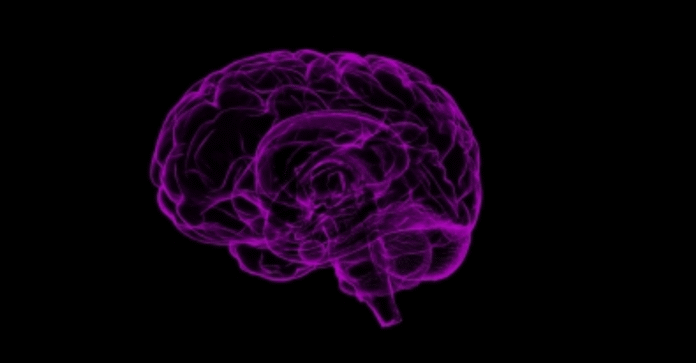NEW DELHI– Women who experience menopause earlier in life may face an increased risk of cognitive decline when coupled with poor heart health, according to new research presented at the 2025 Annual Meeting of The Menopause Society in Orlando.
The study, led by researchers from the University of Toronto, found that earlier menopause may worsen the relationship between reduced cardiac function and key indicators of brain health, including gray matter volume, white matter integrity, and cognitive performance.
“Reduced cardiac function can affect brain health by limiting the essential supply of oxygen and nutrients to the brain,” explained lead author Tallinn Splinter. “This reduced blood flow can damage brain tissue, contribute to silent strokes, and increase the risk of dementia. By examining the intersection of heart and brain health, we hoped to shed light on this important but often overlooked area.”
The research involved over 500 women and assessed cardiac function using MRI measurements of left ventricular ejection fraction. Brain MRIs were used to measure gray matter volume and white matter hyperintensity, while cognitive performance was evaluated through standardized neuropsychological tests.
Results showed that women who experienced menopause earlier and also had weaker cardiac function performed worse on cognitive assessments and exhibited signs of reduced brain tissue health.
“These findings underscore the importance of integrating sex-specific factors, such as age at menopause, into research on dementia risk,” said Dr. Stephanie Faubion, medical director of The Menopause Society. “Understanding these interactions can help shape targeted prevention and intervention strategies.”
The study adds to growing evidence that women’s cardiovascular and reproductive health are deeply interconnected, with potential long-term consequences for brain aging and cognitive resilience. (Source: IANS)














